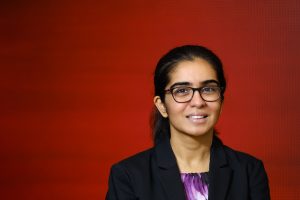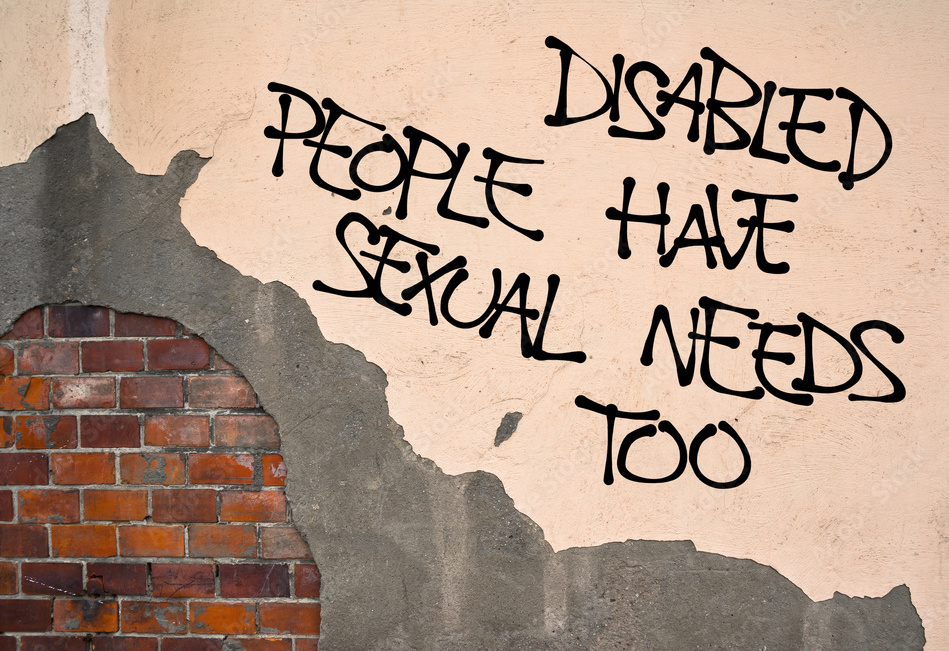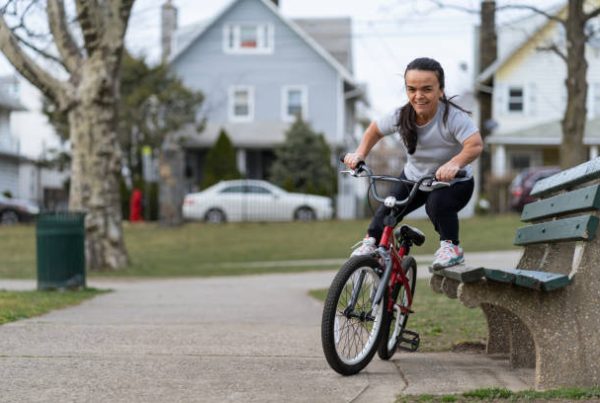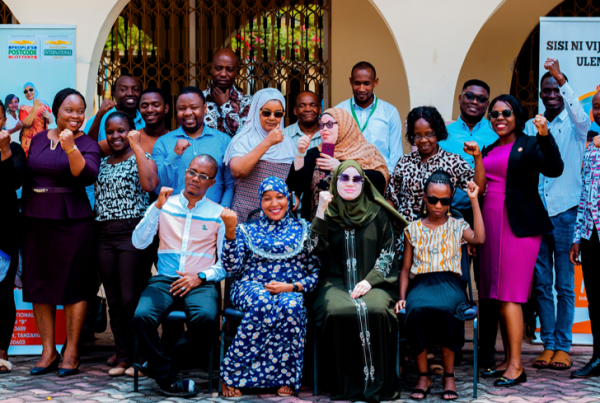Registration:
When: Thursday 7 March 2024, 3:00-4:30pm EAT (12:00pm, London; 7:00am New York/Washington, D.C.).
Where: Zoom
Click here to register and receive the Zoom link – it’s free!
Speaker:

Bijal Lal, is a special needs educator and a deputy principal at a special school in Tanzania. She holds a Master’s degree in Special Education and recently completed her postgraduate diploma in International Gender Equality Studies. She works with students with disabilities in Tanzania, and advocates for inclusive education and employment rights for Persons with Disabilities, especially Persons with Intellectual and Developmental Disabilities. She has been the founder of the Tanzania-Nisonger Center ECHO initiative, which provided virtual teacher training for special educators in Tanzania on Neurodevelopmental Disorders. She has run programs that support teacher education, curriculum building, and empowering through building self-advocacy skills. Recently, she was the recipient of the prestigious Vigdís Finnbogadóttir award under the auspices of UNESCO for her research essay on sexual autonomy for Women with Intellectual and Developmental Disabilities in Tanzania. Bijals’s work is driven by her experiences with her students, who continue to be a pillar of her commitment towards building an inclusive society where every person can equally flourish.




